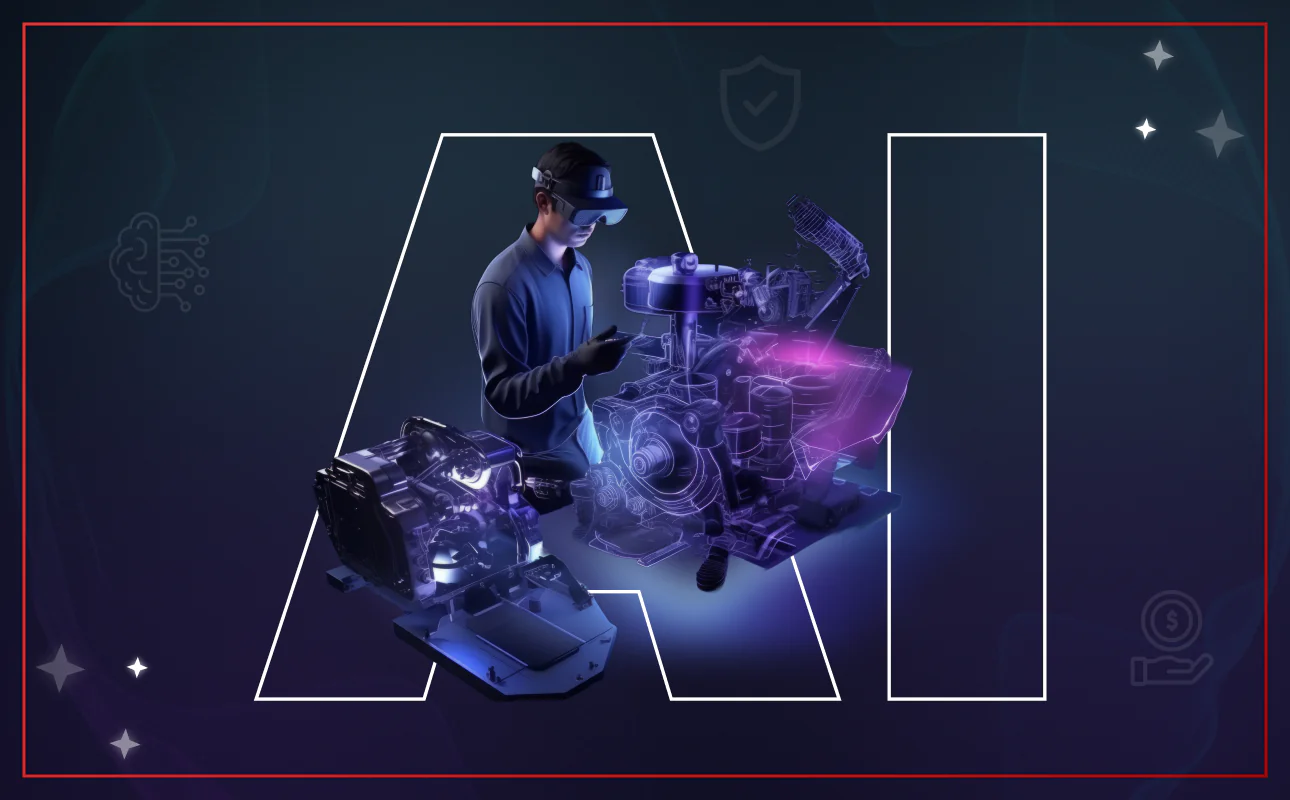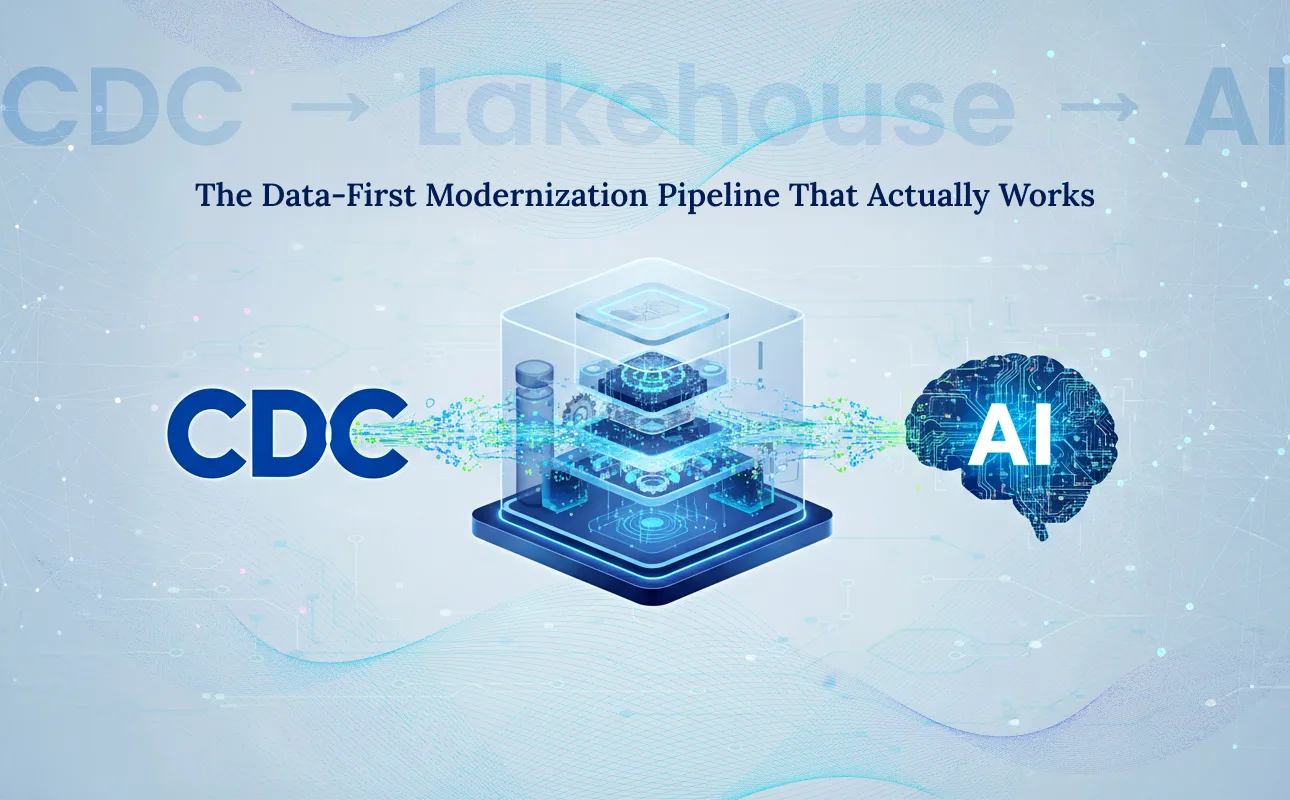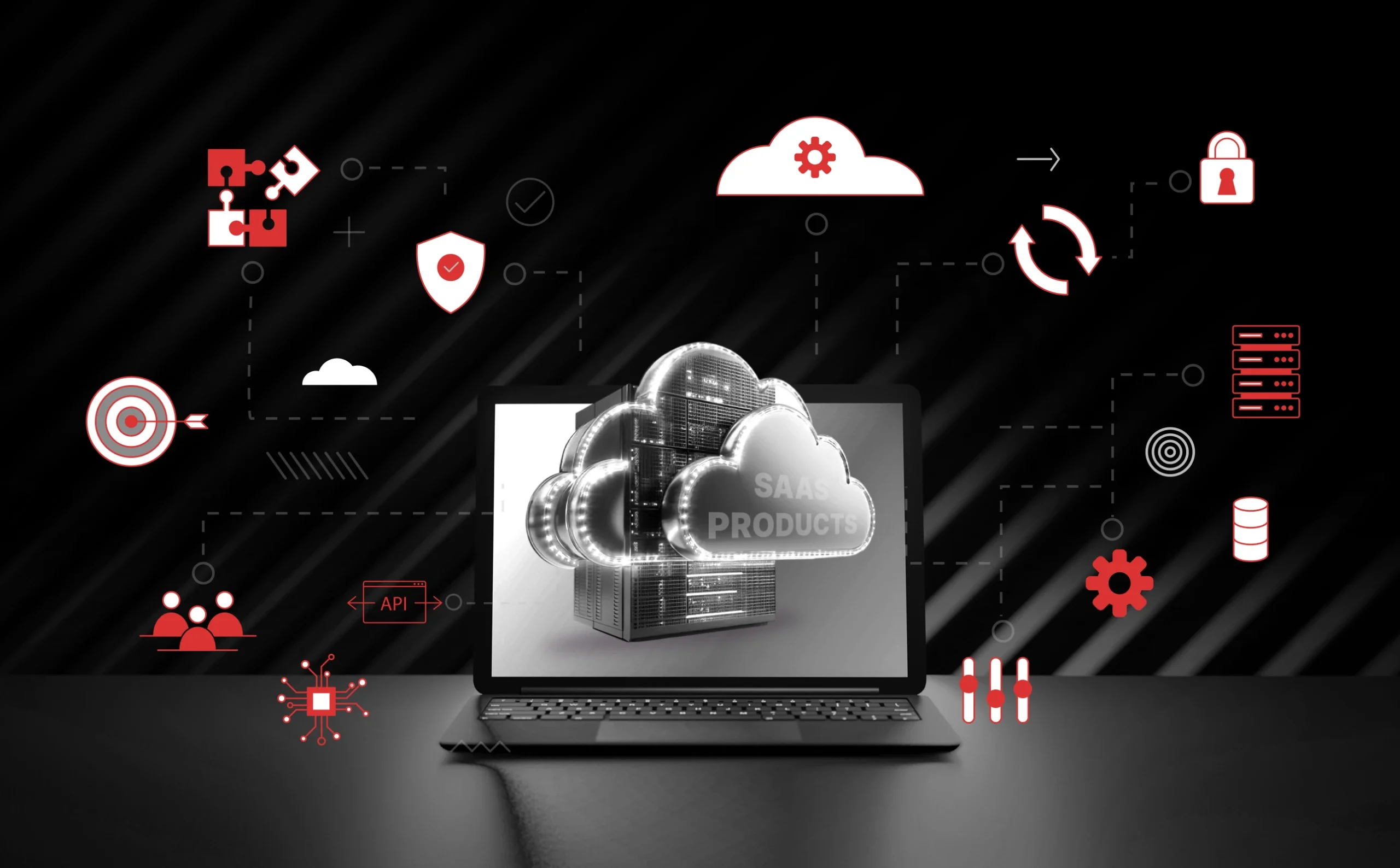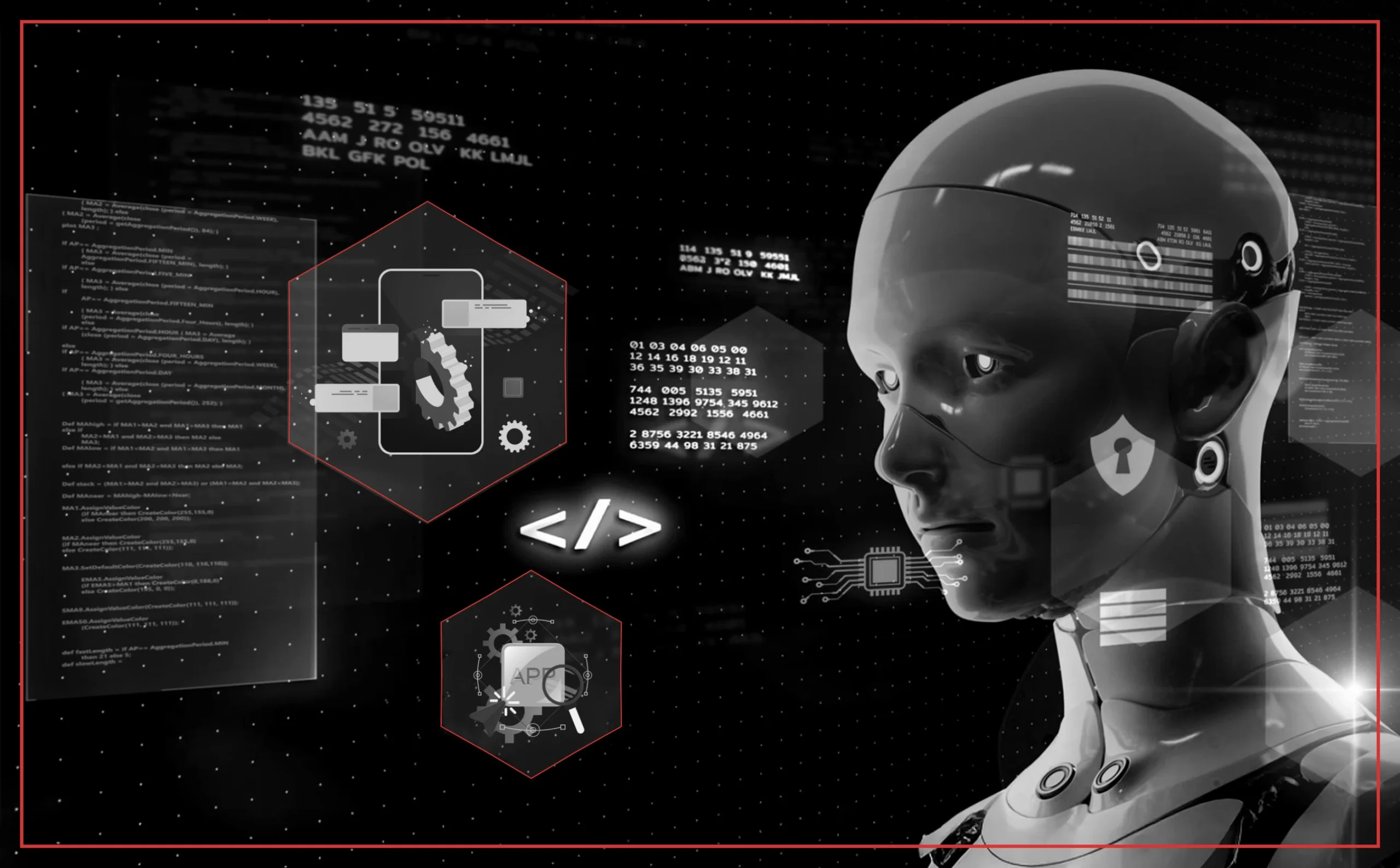Consider manufacturing; most people’s first thoughts are of busy factories full of heavy machinery, whirling assembly lines, and many workers doing difficult, repetitious jobs. Thanks to artificial intelligence, modern manufacturing is developing today into something more sophisticated, exact, and intelligent.
Simply said, artificial intelligence is smart software and machinery capable of learning, outcome prediction, and decision making just like a human, but faster and more precisely. For manufacturers, this creates almost endless opportunities. From predictive maintenance to smart quality control, artificial intelligence in manufacturing is allowing businesses to run far more effectively, leaner, and smarter.
Today, we will explore in great detail the useful applications, convincing advantages, main difficulties, and fascinating future of artificial intelligence in manufacturing. We will also discuss how companies might use specialized AI development services, engage AI developers, or team with AI engineers to start their AI path.
But before everything else, let us have a quick walkthrough for understanding the ongoing pain areas for the manufacturing owners.






